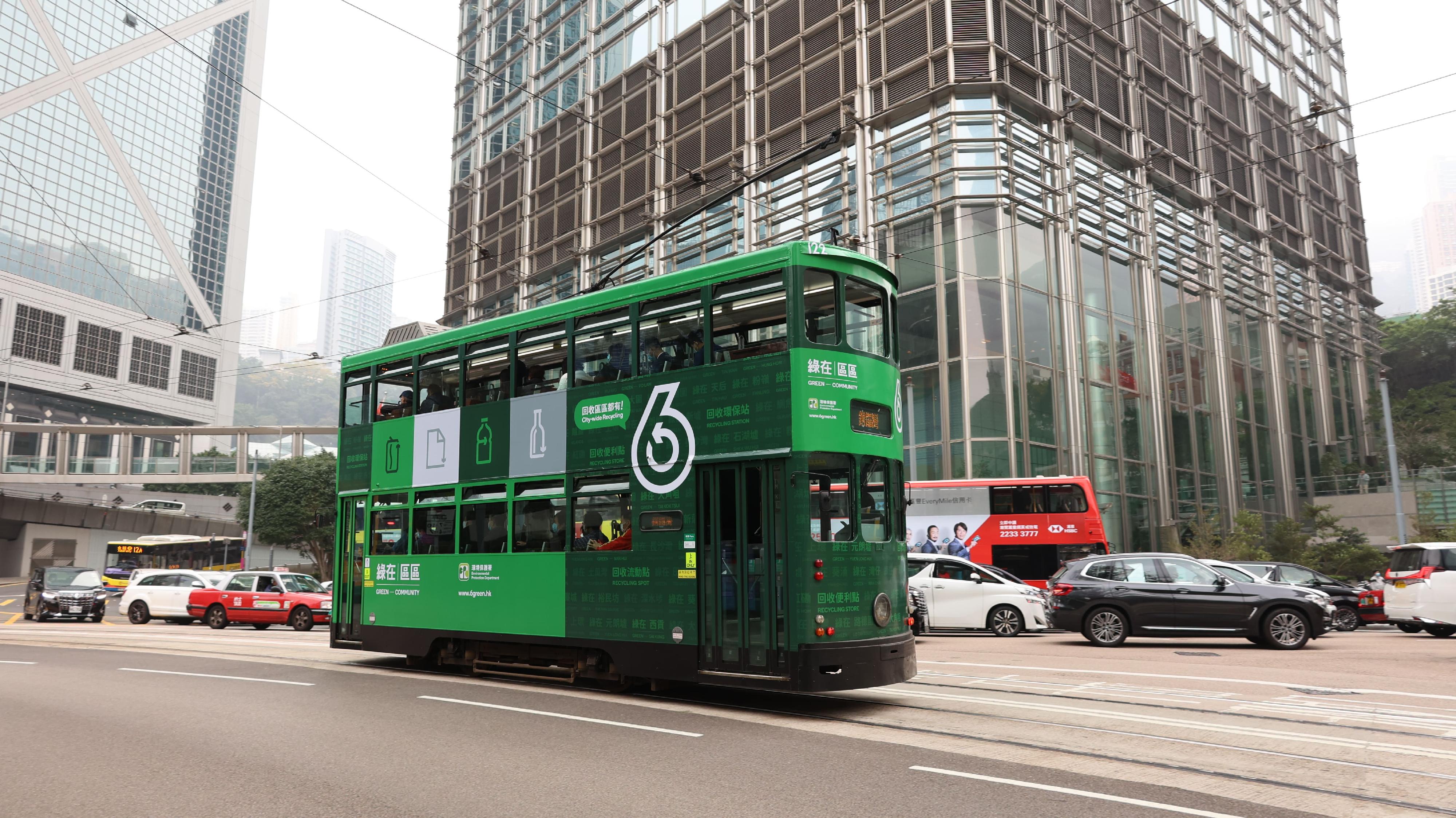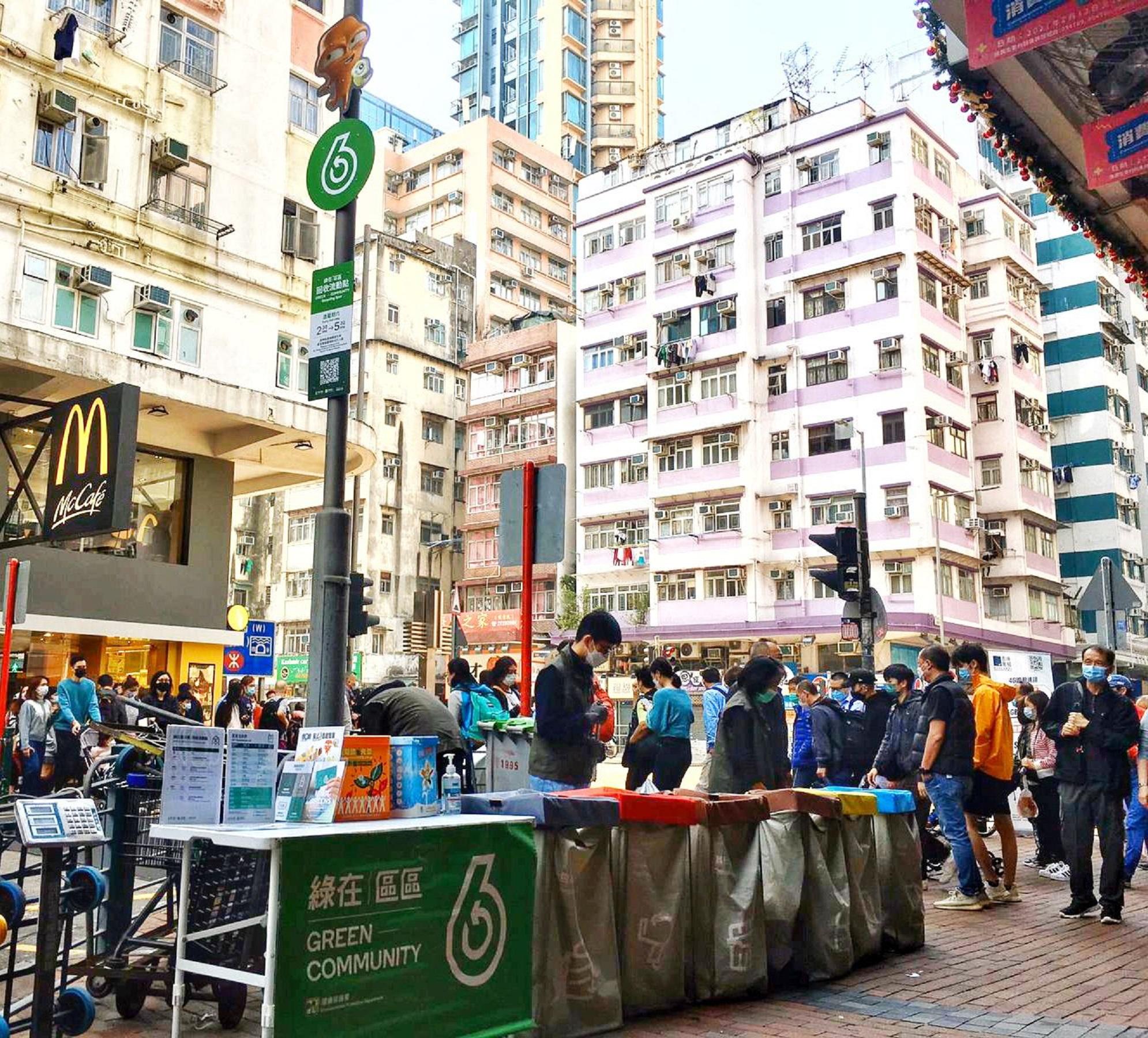SWD announces implementation of “vaccine bubble” in RCHEs and RCHDs
In view of the Government's plan to implement "vaccine bubble" in government buildings and offices in mid-February, the Social Welfare Department (SWD) today (January 17) announced the implementation of "vaccine bubble" in all residential care homes for the elderly (RCHEs) and residential care homes for persons with disabilities (RCHDs) starting from February 24.
From February 24 onwards, all persons who are employed by and on duty at RCHEs, RCHDs and day service units attached to the premises of residential care homes, or who provide services to residents or users through hire-of-service contracts with residential care homes or the aforementioned units (including full-time, part-time and relief staff), except for those who are unfit for vaccination due to health reasons with relevant proof from a medical practitioner, are required to have received at least one dose of COVID-19 vaccine in order to be eligible for discharging duties at relevant institutions or day service units attached to the premises of the institutions or providing services to the residents or users of the institutions. Staff members of institutions who have only received the first dose of COVID-19 vaccine are still required to complete the COVID-19 vaccination within eight weeks from the day of receiving the first dose of vaccine (the first and the last day inclusive) in order to be eligible for discharging duties at the premises of the institutions or day service units attached to the premises of residential care homes or providing services to the residents or users of the institutions.
The SWD urges institution operators to send timely reminders to their staff members who have not yet received COVID-19 vaccines and/or those organisations or units who have entered into hire-of-service contracts with the institutions on the relevant arrangements in relation to the implementation of "vaccine bubble" in the premises. Arrangements should also be made to facilitate the relevant staff members in receiving the vaccination in an orderly manner.
After the implementation of the aforementioned initiative, staff members who are unfit for vaccination due to health reasons with relevant proof from a medical practitioner; those who have received the first dose of vaccine and those who have received two doses of vaccine in less than 14 days, are required to undergo regular testing in accordance with the requirements of the compulsory testing notice under the Prevention and Control of Disease (Compulsory Testing for Certain Persons) Regulation (Cap. 599J). In addition, the prevailing arrangement for testing fee exemptions for staff members of institutions who are required to undergo compulsory testing in the Community Testing Centres, mobile specimen collection stations or Temporary Testing Centres (if any) will remain unchanged for the time being.
The health and lives of the residents of RCHEs and RCHDs would be placed under serious threat if they are infected with COVID-19 virus. Thus the Government has been urging the institutions to encourage their staff members to get vaccinated as soon as possible. Among those institutions which have joined the Outreach Vaccination Arrangement for Residential Care Homes, staff members can receive the vaccination at their own institutions in parallel to the residents with a view to building an immunity barrier for them. At present, about 95 per cent of the staff members of the institutions have received at least the first dose of COVID-19 vaccine.








